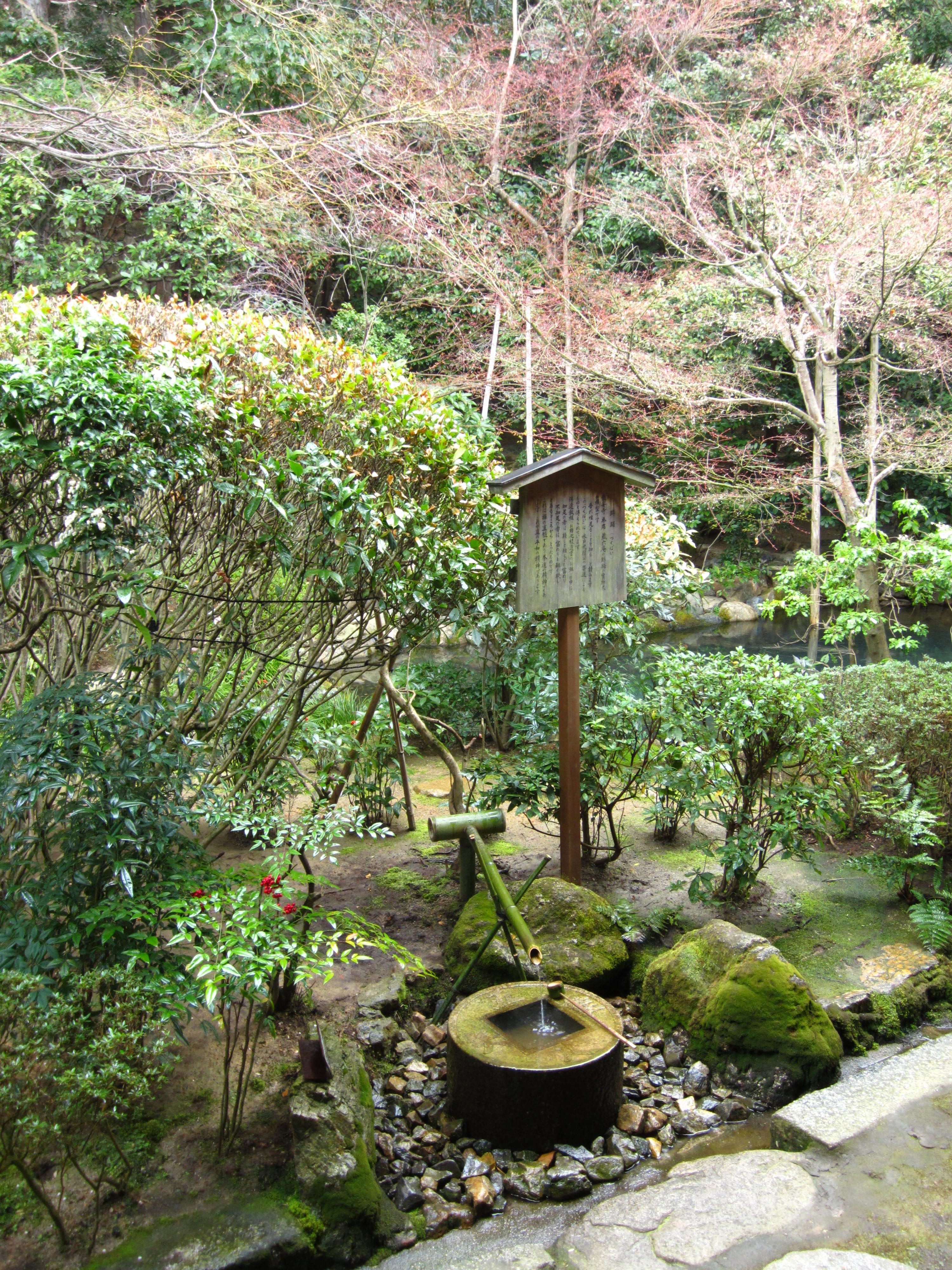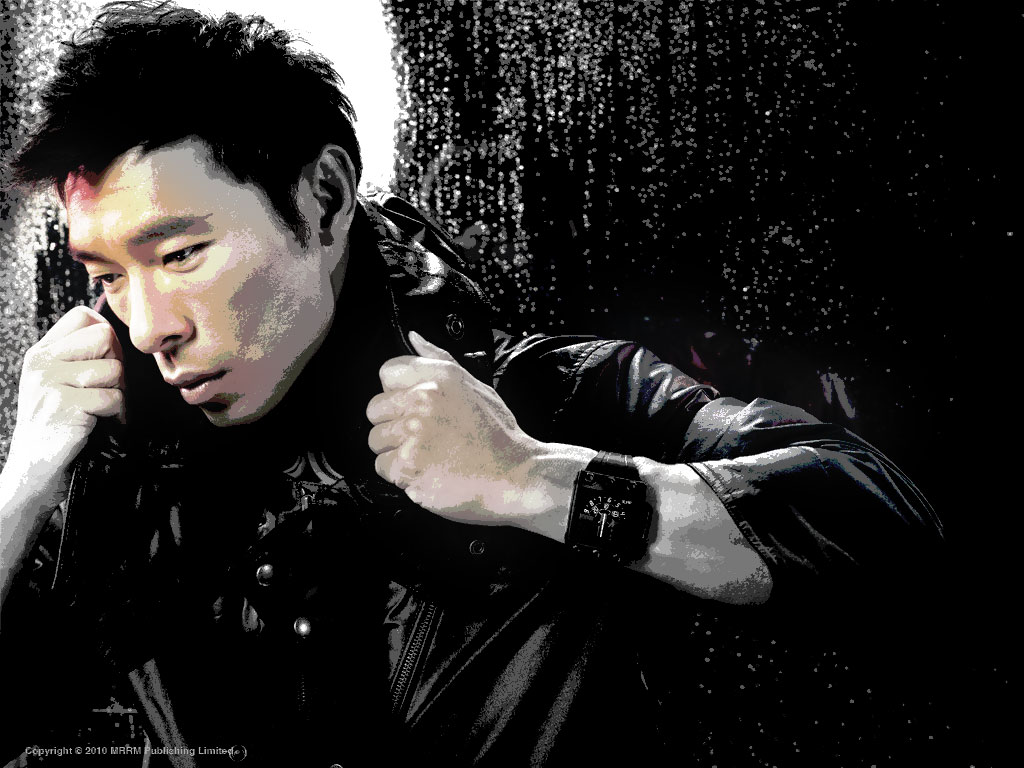安 ān
: content; calm; still; quiet
: safe; secure
: in good health
: to find a place for; to install
: to fix; to fit
: to bring (a charge against somebody)
: to pacify
: to harbor (good intentions)
: security; safety
: peace
: ampere
Kun Reading
安 | やす yasu
prefix | suffix
: cheap
: (Prefix) rash; thoughtless; careless; indiscreet; frivolous
安い | やすい yasui
adjective
: cheap; inexpensive
: calm; peaceful; quiet
安く | やすく yasuku
adverb
: inexpensively
安んじる | やすんじる yasunjiru
ichidan verb | intransitive verb
: to be contented; to be at ease
安 | やす yasu
prefix | suffix
: cheap
On Reading
アン an
安排 an1pai2: to arrange; to plan; to set up; arrangements; plans
安靜[静] an1jing4: quiet; peaceful; calm
[安静 | あんせい ansei: rest; quiet; repose]
安全 an1quan2: safe; secure; safety; security
[あんぜん anzen: safety
: security]
安全期 an1quan2 qi1: safe period; safe days of a woman’s menstrual cycle (low risk of conception)
[あんぜんき anzenki: safe period]
安全套 an1quan2 tao4: condom
安全帶 [安全带] an1 quan2 dai4: seat belt; safety belt
安全帽 an1 quan2 mao4: safety helmet]
[あんぜんぼう anzenbou: safety helmet; crash helmet; hard hat]
安慰 an1wei4: to comfort; to console
[慰める | なぐさめる nagusameru: o comfort; to console; to amuse]安心 an1xin1: at ease; to feel relieved; to set one’s mind at rest; to keep one’s mind on something
[あんしん anshin: relief; peace of mind]
安定 an1ding4: stable; quiet; settled; stabilize; maintain; stabilized; calm and orderly
[あんてい antei: stability; equilibrium]
平安 ping2’an1: safe and sound; well; without mishap; quiet and safe; at peace
[へいあん heian: peace; tranquility
: Heian era (794-1185)]
平安時代 [平安时代] ping2 an1 shi2 dai4: Heian period (794-1185), period of Japanese history
[平安時代 | へいあんじだい heianjidai: Heian period (794-1185)]
早安 zao3’an1: Good morning!
[お早う | おはよう ohayou OR お早うございます | おはようございます ohayou gozaimasu: good morning]晚安 wan3’an1: Good night!; Good evening!
[こんばんわ kombanwa: good evening]公安 gong1’an1: (Ministry of) Public Security; public safety; public security
[こうあん kouan: public safety; public welfare]
不安 bu4’an1: unpeaceful; unstable; uneasy; disturbed; restless; worried
[ふあん fuan: anxiety; uneasiness; insecurity; suspense]
不安好心 bu4 an1 hao3 xin1: to have bad intentions
Japanese landmark
龍安寺 [龙安寺] long2 an1 si4: Ryōanji, temple in northwest Kyōto 京都, Japan with famous rock garden
[龍安寺 | りょうあんじ ryouanji OR りゅうあんじ ryuuanji: Ryoan-ji (temple in Kyoto)]

Ryōan-ji (龍安寺, The Temple of the Dragon at Peace) is a Zen temple located in northwest Kyoto, Japan. It belongs to the Myōshin-ji school of the Rinzai branch of Zen Buddhism. The Ryōan-ji garden is considered one of the finest surviving examples of kare-sansui (“dry landscape”), a refined type of Japanese Zen temple garden design generally featuring distinctive larger rock formations arranged amidst a sweep of smooth pebbles raked into linear patterns that facilitate meditation. The temple and its gardens are listed as one of the Historic Monuments of Ancient Kyoto, and as a UNESCO World Heritage Site. The temple also served as a mausoleum for several emperors, in what are known today as the “Seven Imperial Tombs” at Ryōan-ji.
The site of the temple was an estate of the Fujiwara family in the 11th century. In 1450, Hosokawa Katsumoto, another powerful warlord, acquired the land where the temple stood. He built his residence there, and founded the Zen temple, Ryōan-ji. However, during the Ōnin War between the clans, the temple was destroyed. In 1488, his son, Hosokawa Matsumoto, rebuilt the temple.

Ryōan-ji also has a teahouse and tea garden, dating back to the 17th century. Near this teahouse is a famous stone water basin, with water continually flowing for ritual purification. This is the Ryōan-ji tsukubai (蹲踞), which translates literally as “crouch;” because of the low height of the basin, the user must bend over to use it, in a sign of reverence and humility. The words written on the surface of the stone basin, 五, 隹, 止, 矢, are without significance when read alone. Though the water basin’s frame is circular, the opening in the circular face is itself a square (口). If each of the four kanji is read in combination with 口 (kuchi, meaning “mouth” or “aperture”), then the characters become 吾, 唯, 足, 知. This is read as “ware, tada taru (wo) shiru”, which translates poetically, as “I know only satisfaction”. Intended to reinforce Buddhist teachings regarding humility and the abundance within one’s soul, the meaning is simple and clear: “one already has all one needs”.
Chinese personality

photo credit: MRRM
Japanese common word | expression | yojijukugo 四字熟語 | idiom
安穏無事 | あんのんぶじ annon buji
: (yoji) peace and quiet; safe and peaceful; tranquil and uneventful
*一路平安 | いちろへいあん ichiro heian
: (wishing someone) bon voyage
政情不安 | せいじょうふあん seijou fuan
: (yoji) the instability of a political situation; political instability
大安吉日 | たいあんきちにち taian kichinichi OR たいあんきちじつ taian kichijitsu
: yoji) very auspicious day for all types of occasions (one of the six special days in the Japanese lunisolar calendar)
家内安全 | かないあんぜん kanai anzen
: safety (well-being) of one’s family; peace and prosperity in the household
絶対安静 | ぜったいあんせい zettai ansei
: (yoji) complete bed rest; complete rest and quiet
馬鹿安値 | ばかやすね baka yasune
: (yoji) ridiculously low price
安かろう悪かろう | やすかろうわるかろう yasu karou waru karou
: you get what you pay for; cheap and nasty
Chinese expression | chengyu 成語 | idiom
安家立業 [安家立业] an1 jia1 li4 ye4
: stable household, established profession; settled and comfortably off
安富恤窮 [安富恤穷] an1 fu4 xu4 qiong2
OR
安富恤貧 [安富恤贫] an1 fu4 xu4 pin2
: to give sympathy to the rich and relief to the poor
安居樂業 [安居乐业] an1 ju1 le4 ye4
: to live in peace and work happily
安分守己 an1 fen4 shou3 ji3
: to be content with one’s lot; to know one’s place
安然無恙 [安然无恙] an1 ran2 wu2 yang4
: safe and sound; to come out unscathed (e.g. from an accident or illness)
安身立命 an1 shen1 li4 ming4
: settle down and get on with one’s pursuit
*一路平安 yi1 lu4 ping2 an1
: to have a pleasant journey; Bon voyage!
出入平安 chu1 ru4 ping2 an1
: lit. peace when you come or go; peace wherever you go
入土為安 [入土为安] ru4 tu3 wei2 an1
: buried and at rest; Resquiescat in pacem (RIP)
歲歲平安 [岁岁平安] sui4 sui4 ping2 an1
: May you have peace year after year (New Year’s greeting)
惴惴不安 zhui4 zhui4 bu4 an1
: to be on tenterhooks; to be anxious and frightened
攘外安內 [攘外安内] rang3 wai4 an1 nei4
: to resist foreign aggression and pacify the interior of the country
坐立不安 zuo4 li4 bu4 an1
: lit. agitated sitting or standing; restless; fidgety
OR
坐立難安 zuo4 li4 nan2 an1
: unable to sit or stand still (out of nervousness etc)
寢食難安 [寝食难安] qin3 shi2 nan2 an1
: lit. cannot rest or eat in peace; fig. extremely worried and troubled
富國安民 [富国安民] fu4 guo2 an1 min2
: to make the country rich and the people at peace
少安毋躁 shao3 an1 wu2 zao4
: keep calm, don’t get excited; don’t be impatient
相安無事 [相安无事] xiang1 an1 wu2 shi4
: to live together in harmony
聽天安命 [听天安命] ting1 tian1 an1 ming4
: to accept one’s situation as dictated by heaven
轉危為安 [转危为安] zhuan3 wei1 wei2 an1
: to turn peril into safety; to avert a danger (esp. political or medical)
隨遇而安 [随遇而安] sui2 yu4 er2 an1
: at home wherever one is; ready to adapt; flexible; to accept circumstances with good will
除暴安良 chu2 bao4 an1 liang2
: to root out the strong and give people peace; to rob the rich and give to the poor
天安門開了 [天安门开了] tian1 an1 men2 kai1 le5
: pants fly is down; the barn door is open
塞翁失馬安知非福 [塞翁失马安知非福] sai4 weng1 shi1 ma3 an1 zhi1 fei1 fu2
: the old man lost his mare, but it all turned out for the best; fig. a blessing in disguise; it’s an ill wind that blows nobody any good; also written 塞翁失馬焉知非福|塞翁失马焉知非福
既來之,則安之 [既来之,则安之] ji4 lai2 zhi1 , ze2 an1 zhi1
: Since they have come, we should make them comfortable. Since we’re here, take it easy. Since this is so, we should accept it. Now that we have come, let’s stay and take the rough with the smooth. If you can’t do anything to prevent it, you might as well sit back and enjoy it.
生於優患,死於安樂 [生于优患,死于安乐] sheng1 yu2 you1 huan4 , si3 yu2 an1 le4
: to thrive in calamity and perish in soft living; life springs from sorrow and calamity, death comes from ease and pleasure
燕雀安知鴻鵠之志 [燕雀安知鸿鹄之志] yan4 que4 an1 zhi1 hong2 hu2 zhi1 zhi4
: lit. can the sparrow and swallow know the will of the great swan? fig. how can small-fries predict the ambitions of the great?
道高益安,勢高益危 [道高益安,势高益危] dao4 gao1 yi4 an1 , shi4 gao1 yi4 wei1
: More moral strength increases one’s safety, more power and influence increases one’s danger (from Records of the Historian 史記|史记). cf Unlimited power is apt to corrupt the minds of those who possess it (William Pitt the Elder, 1770).
会意 Associative Compound.
Woman 女 (nü3: woman radical 38) under a
roof 宀 (mian2: roof radical 40).
Examples:
安価な簡易住宅を提供します。
あんかなかんいじゅうたくをていきょうします anka na kanijuutaku o teikyou shimasu
We offer low-cost prefabricated houses.
安心。 一定會沒事的。
an1xin1. yi1ding4 hui4 mei2shi4 de.
Don’t worry. Everything will be alright.
安靜 – Jay Chou 周杰伦
作詞:周杰倫
作曲:周杰倫
編曲:鍾興民
只剩下鋼琴陪我彈了一天
睡著的大提琴 安靜的舊舊的
我想你已表現的非常明白
我懂我也知道 你沒有捨不得
你說你也會難過我不相信
牽著你陪著我 也只是曾經
希望他是真的比我還要愛你
我才會逼自己離開
你要我說多難堪 我根本不想分開
為什麼還要我用微笑來帶過
我沒有這種天份 包容你也接受他
不用擔心的太多 我會一直好好過
你已經遠遠離開 我也會慢慢走開
為什麼我連分開都遷就著你
我真的沒有天份 安靜的沒這麼快
我會學著放棄你 是因為我太愛你
credit: Jay Chou 周杰伦

